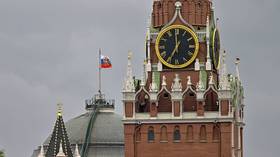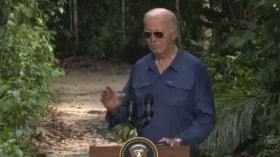Russia eyes taxing cross-border e-commerce

The Russian Ministry of Finance has proposed imposing a 5% tax rate on foreign purchases made online if the value of the bought goods exceeds €200 in value, according to Deputy Finance Minister Alexey Sazanov, as cited by Kommersant.
The official added that the import duty is expected to be applied to the entire value of the purchased items. Currently, tax is only levied on the difference between the €200 threshold and the actual price if the goods are intended for personal use. When it comes to e-commerce, Sazonov emphasized, the ministry is not planning to set a threshold, but “impose the value added tax (VAT) directly from ground zero.”
Sazanov said that the Finance Ministry does not see any reason for making concessions, like introducing a gradual increase or exempting certain categories of goods. He also said that responsibility for paying the tax will be placed on marketplaces or entrepreneurs if they use their own website to conduct business.
At the same time, Sazanov said that the ministry is ready to discuss the possibility of introducing a transition period for businesses, highlighting that consultations could affect both the timing of introduction and the tax rate.
The proposed amendments to the country’s tax code reportedly come due to new VAT rules adopted by the Eurasian Economic Union (EAEU), comprising Armenia, Belarus, Kazakhstan, Kyrgyzstan, and Russia in December 2023. The legislation identifies e-commerce as a separate type of commercial activity.
The Eurasian Economic Commission later proposed a single import duty of 5% for e-commerce goods along with a gradual reduction of the duty-free import threshold to €100 and €50 in 2026 and 2027, respectively.












